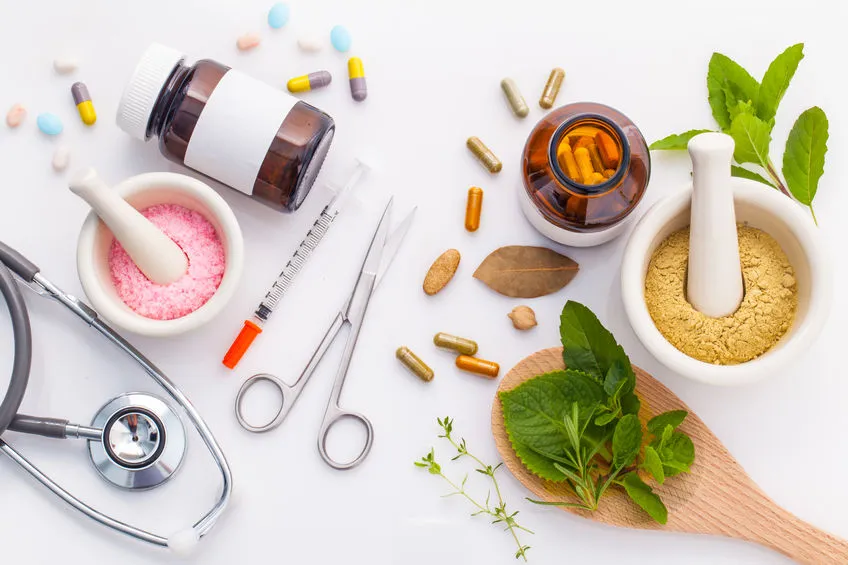
Main Examples of Compound Medications Knowles Wellness
Drug compounding is often regarded as the process of combining, mixing, or altering ingredients to create a medication tailored to the needs of an individual patient. Compounded drugs are not FDA.
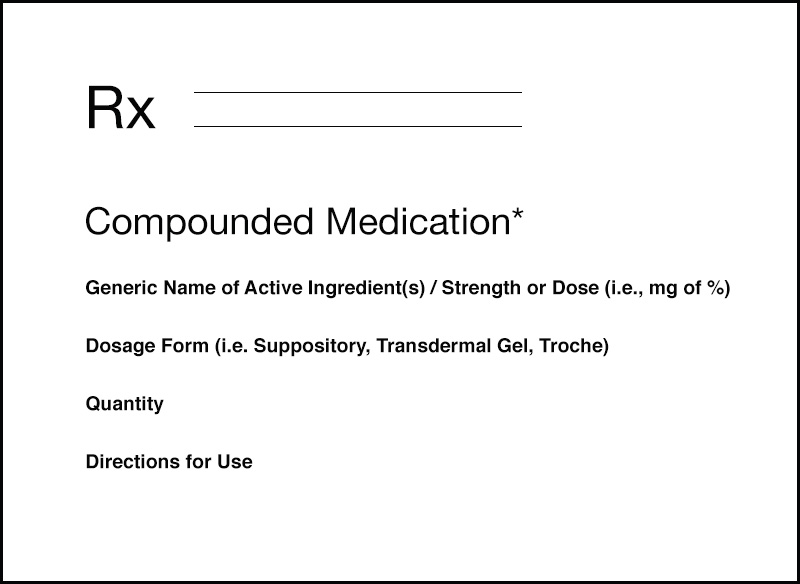
Compounding Pharmacy Tidewater Pharmacy, Mount Pleasant SC
Human Drug Compounding. Compounding is generally a practice in which a licensed pharmacist, a licensed physician, or, in the case of an outsourcing facility, a person under the supervision of a.
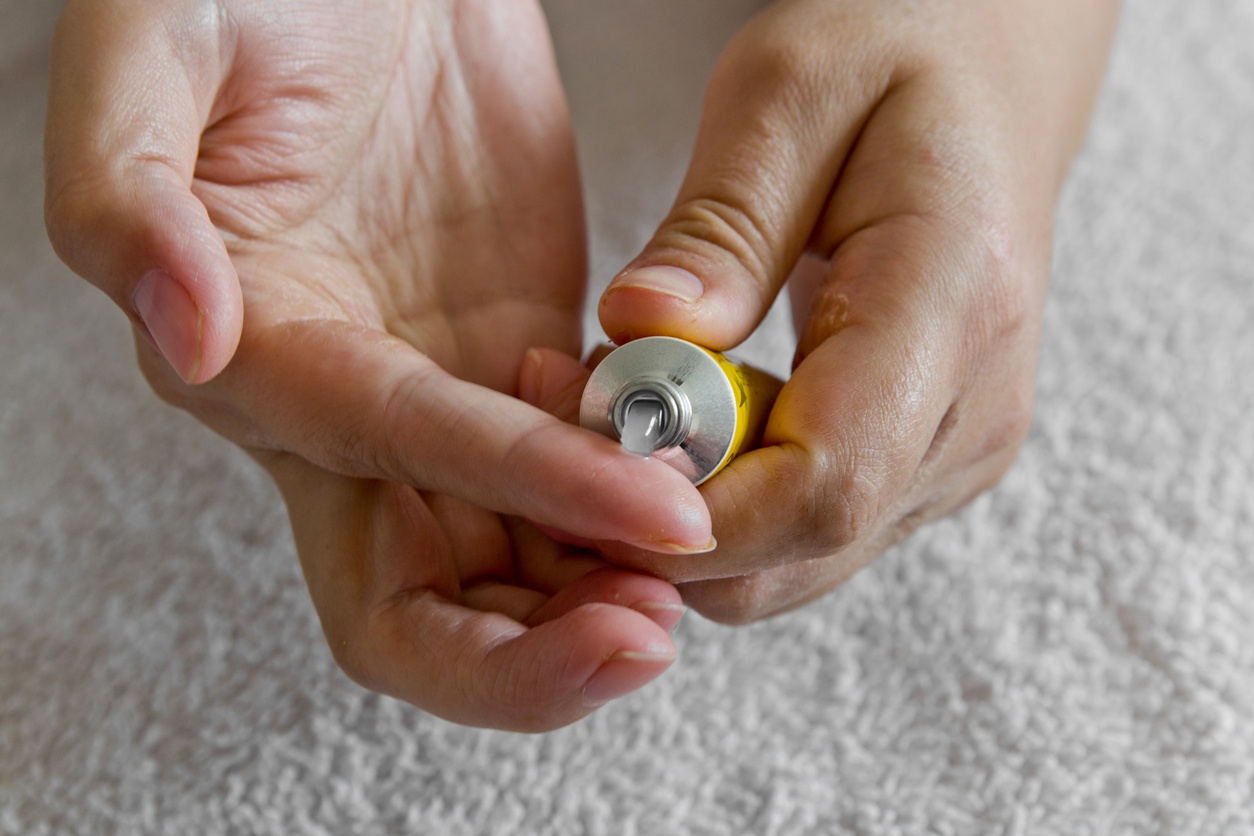
Compound Medication and Their Place in Treatment
The FDA defines traditional pharmacy compounding as "the combining, mixing, or altering of ingredients to create a customized medication for an individual patient in response to a licensed practitioner's prescription." 1 On the other hand, nontraditional pharmacy compounding or drug compounding within an outsourcing facility "may include (1) the production and shipping of large volume.

Compound Medication Facts You Must Know
Sterile compounds are drugs that are injected into your tissue or blood, or put into your eyes. They have a higher risk for contamination than traditional pharmacies. Non-sterile compounds come in.
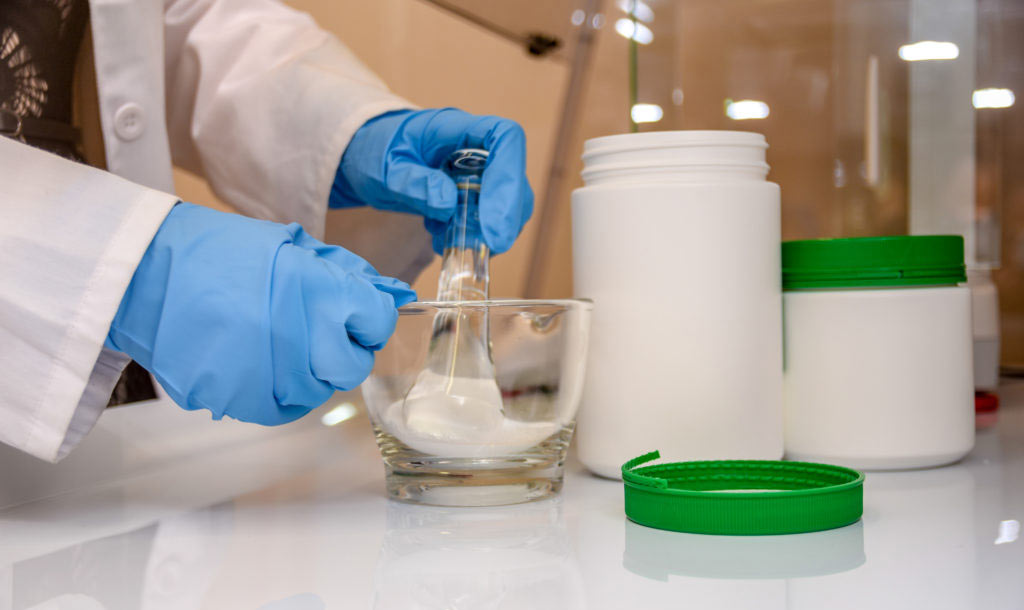
What is a Compounding Pharmacy Fresh Therapeutics
Pharmacist compounding a medication using a mortar and pestle (c. 1923). In the field of pharmacy, compounding (performed in compounding pharmacies) is preparation of custom medications to fit unique needs of patients that cannot be met with mass-produced products.This may be done, for example, to provide medication in a form easier for a given patient to ingest (e.g., liquid vs. tablet), or.

Most frequently used compounded drugs across paediatric hospitals in... Download Scientific
What is a compounding pharmacy? Basically, a compounding pharmacy—or compound pharmacy—is a pharmacy that makes certain medications from scratch, says Lars Brichta, Pharm.D., director of clinical and scientific affairs for ChemistryRX, a compounding pharmacy in Philadelphia that specializes in medications for skin conditions and rare diseases.
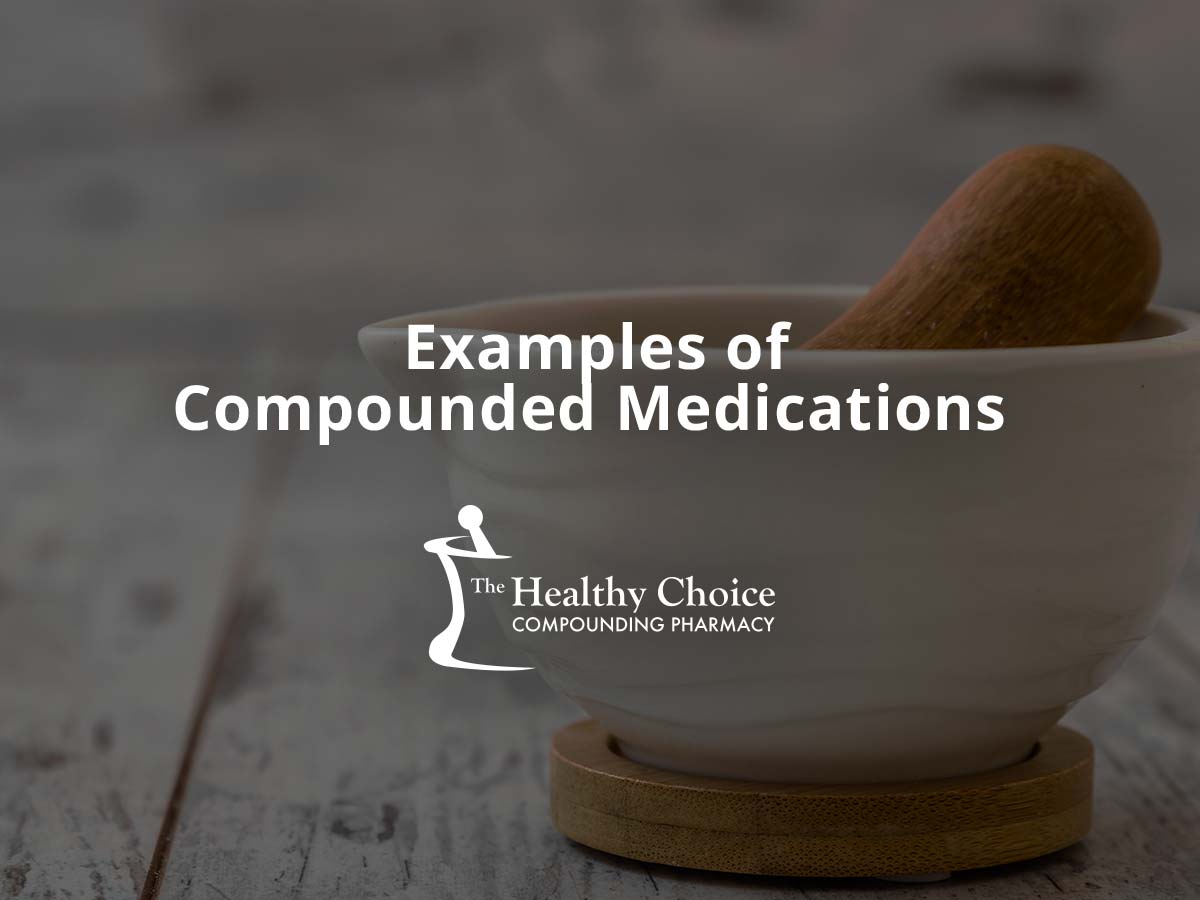
Examples of Compounded Medications The Healthy Choice Compounding Pharmacy
Downloads What Ingredients Can Be Used in Compounded Drugs. When patients have medical needs that cannot be met by commercially available medicines that have been approved by the Food and Drug Administration, they can instead take compounded drugs, medications made by physicians or pharmacists. Neither FDA nor state authorities evaluate these.
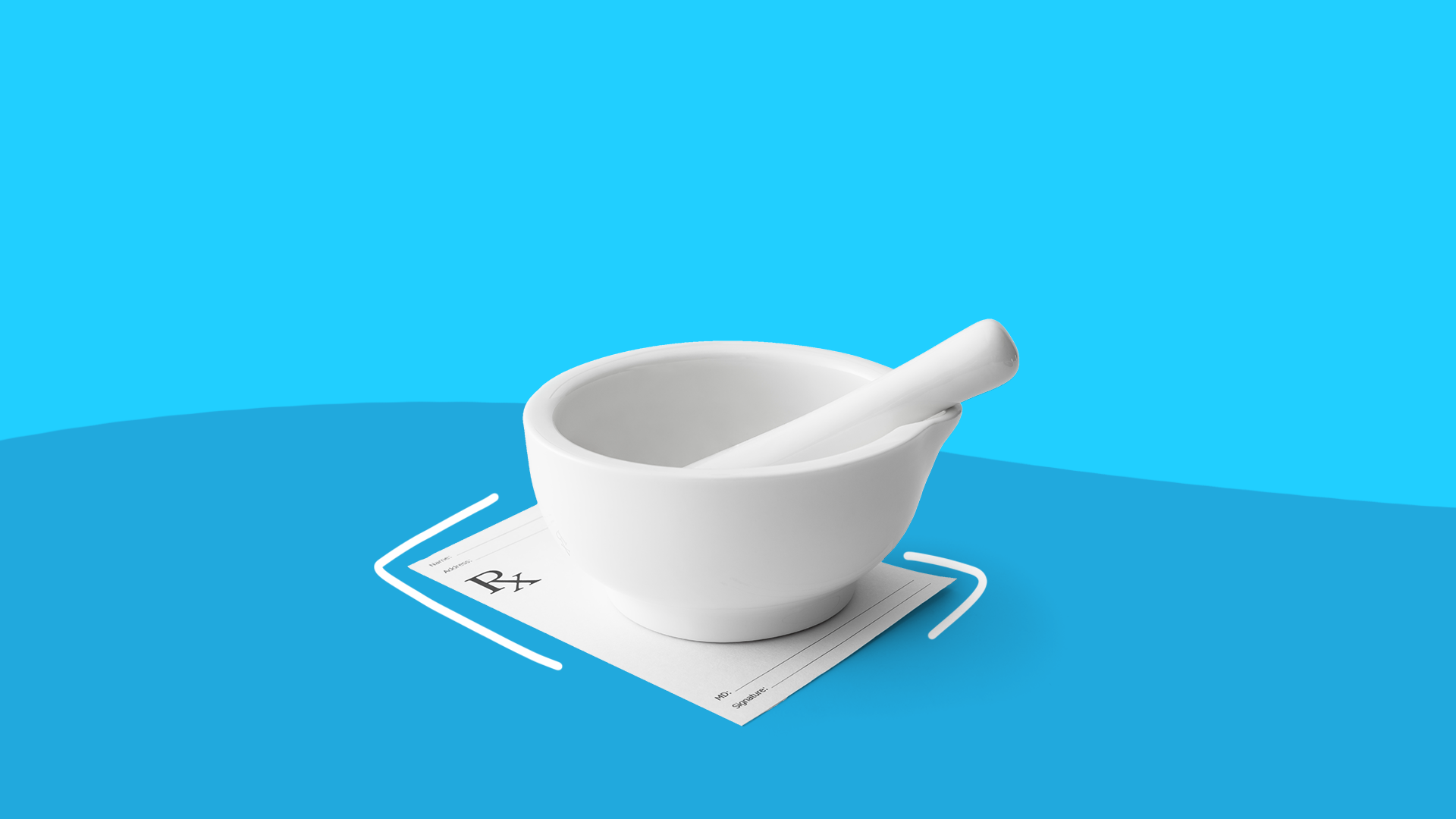
What is a compounding pharmacy, and why do I need a compound drug?
Compounding is the process of combining, mixing, or altering ingredients to create a medication tailored to the needs of a patient (FDA, 2017).1 Compounding is most often practiced by a licensed pharmacist, a licensed physician, or a person under the supervision of a licensed pharmacist (FDA, 2017).2 The traditional compounding process begins with a prescription created by the prescriber.
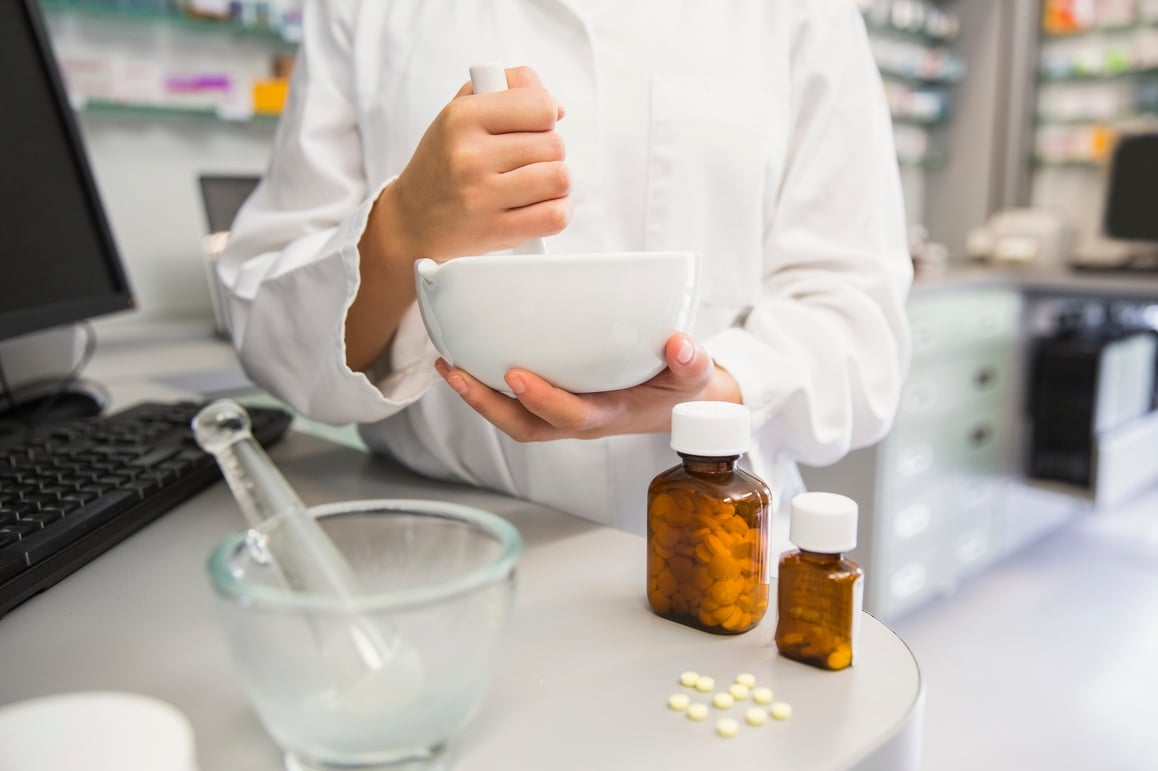
Reining in Requirements on Compound Medications
Pharmaceutical compounding is the creation of medications for patients whose clinical needs cannot be met by commercially available products approved by the Food and Drug Administration. For example, if a patient who cannot swallow pills needs a liquid version of a medicine that is FDA-approved only in pill form, a compounding pharmacy can make the medication.

Benefits Of Compounding Medication
Key takeaways: Compounded medications aren't the same as regular prescription drugs. They're custom-made formulations that are specific to your needs. They're usually prescribed when a medication, dose, or dosage form isn't commercially available. Not all pharmacies can make compounded medications, especially if it's an injection or.
:max_bytes(150000):strip_icc()/GettyImages-86493951-573567735f9b58723d2d6b27.jpg)
Drug Compounding Definition, Examples, Benefits, and Risks
Compounding is the act of creating a pharmaceutical grade medication when commercially available prescriptions do not work to effectively meet the needs of the patient. In some cases, a patient may not be able to tolerate the dosage or formulation of a commercially available drug. In other cases, the exact dosage may not be commercially.
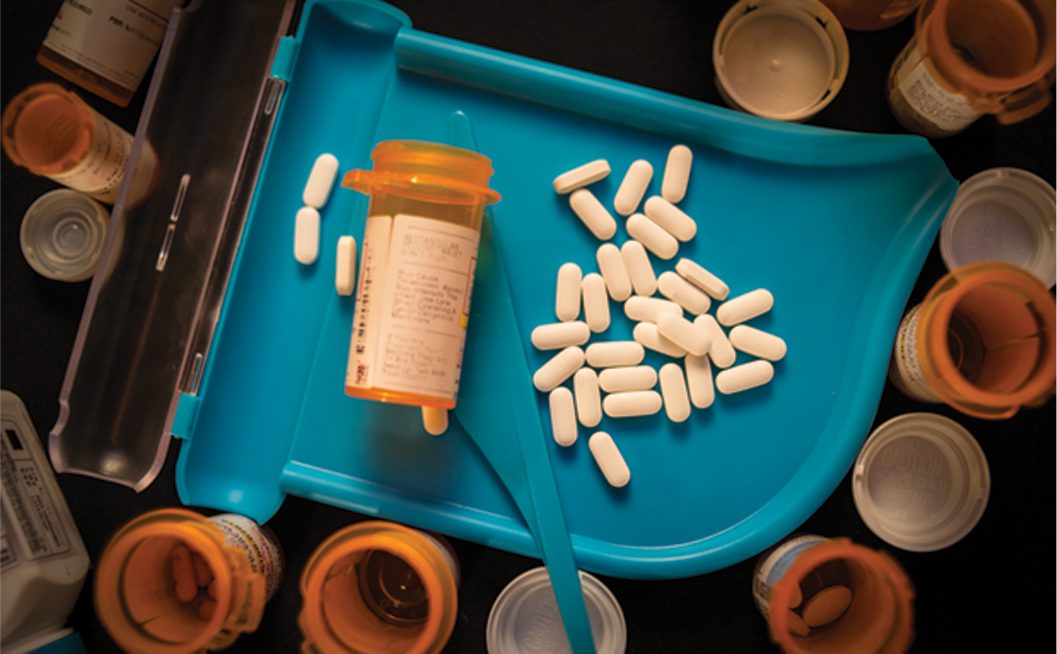
The Benefits of Compounding Medications There are many reasons to use compounded medicine
Creating a medication tailored to the needs of an individual patient. FDA answers the "what" and "why" of compounding. From consumers to health care professionals, there are many questions.
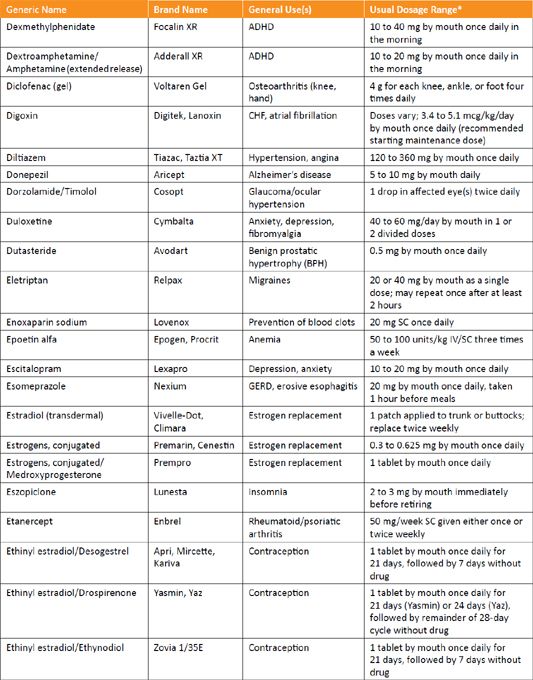
Commonly Used Medications, Herbals, and Dietary Supplements Basicmedical Key
Compounded medications are customized medications that healthcare professionals (HCPs) formulate for your specific needs. People who can make compounded medications include: licensed pharmacists.

List of pharmaceutical compounds, chemical structure and pKa values. Download Table
A compounding pharmacist can likely compound that particular product without the offensive ingredient. Compounding pharmacists can create custom dosage forms or uniquely flavored products for special situations such as pediatric or veterinary patients. Compounded items are in greater demand for these groups, as the mass-produced market is lacking.
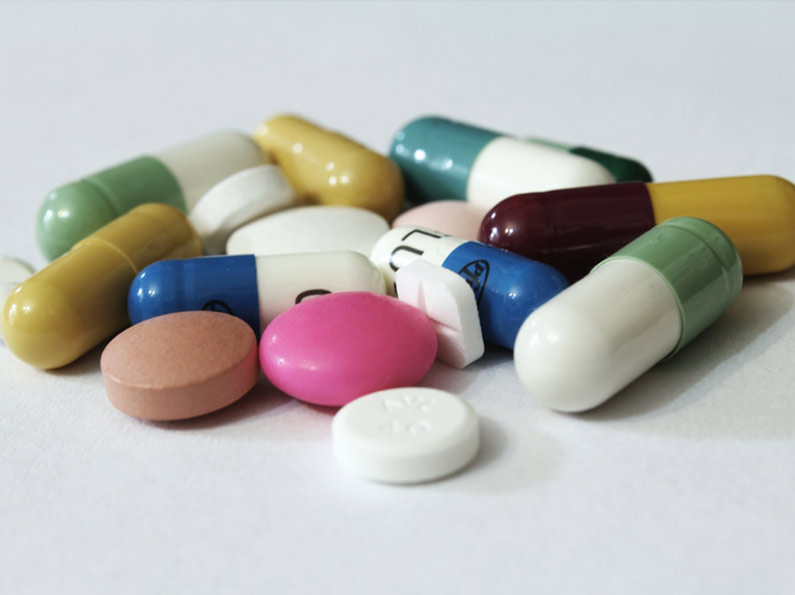
Compounded Medications Health Mart Pharmacy Eugene & Creswell
1. Adjust Medication Strengths. One of the most common reasons for compounding medication is a need for a specific strength that is not commercially available. This is common when a person has unique needs. For example, a child who requires pain medication that is usually for adults.
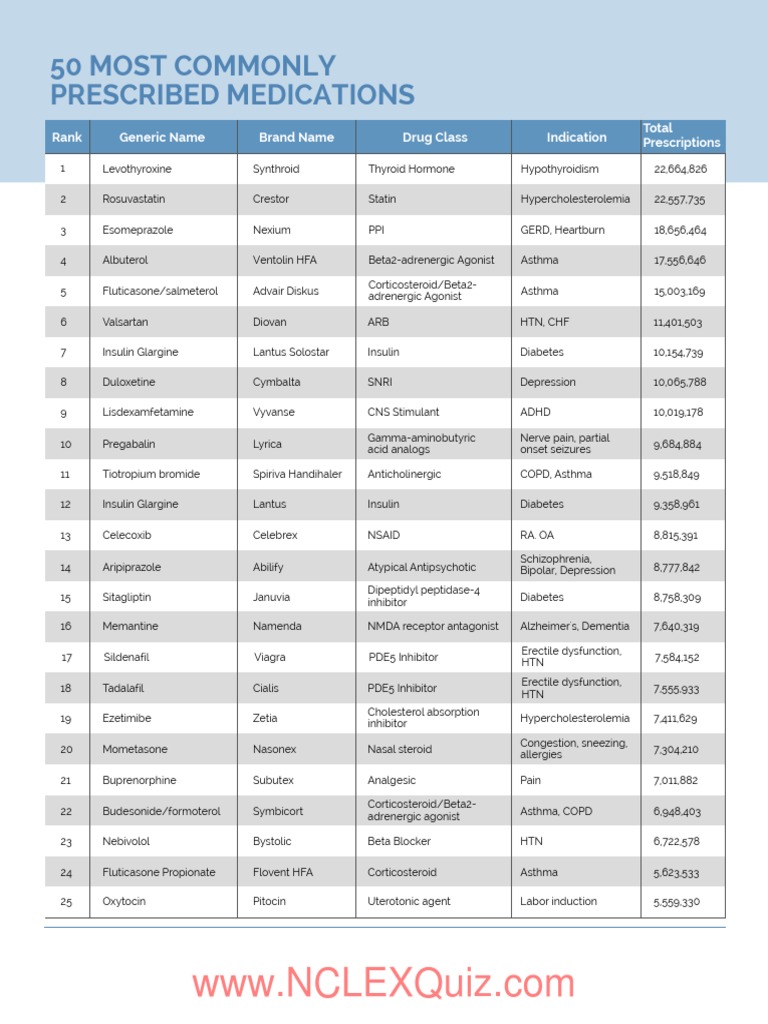
50 Most Commonly Prescribed Medications Pharmaceutical Drug Medical Treatments
Compounding: What It Is and Why It Is Essential. Compounding is defined by the FDA as the combination, mixing, or alteration of drug ingredients to create medications tailored to individual patient needs [].The United States Pharmacopeia (USP), which sets quality standards for drugs, describes compounding as "the preparation, mixing, assembling, altering, packaging, and labeling of a drug.
- 2019 Ford Ranger Auto Window Not Working
- 10 Largest Councils In Australia
- Magic Mountain Miami Gold Coast
- Hot Wheels Monster Trucks Arena Smashers
- Best Aquarium Filter For Large Tanks
- What Language Do The Swiss Speak
- Posiciones De América De Cali
- Ethan Never Have I Ever Actor
- When Does The Mw3 Beta End
- Batman No Man S Land Comic
